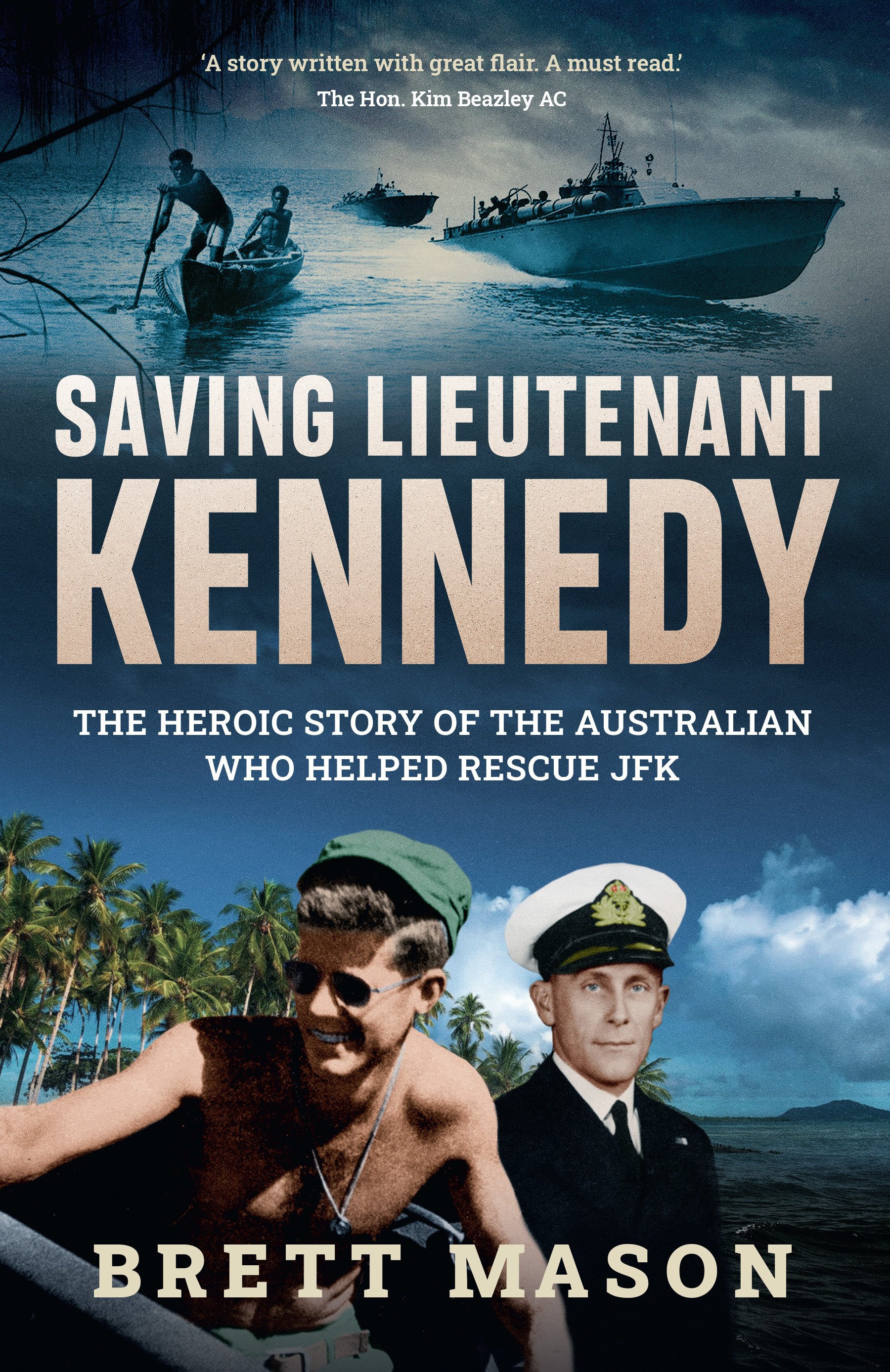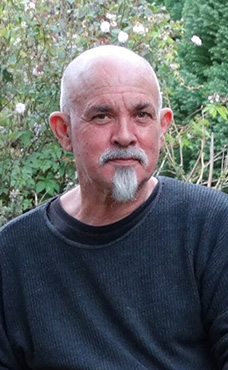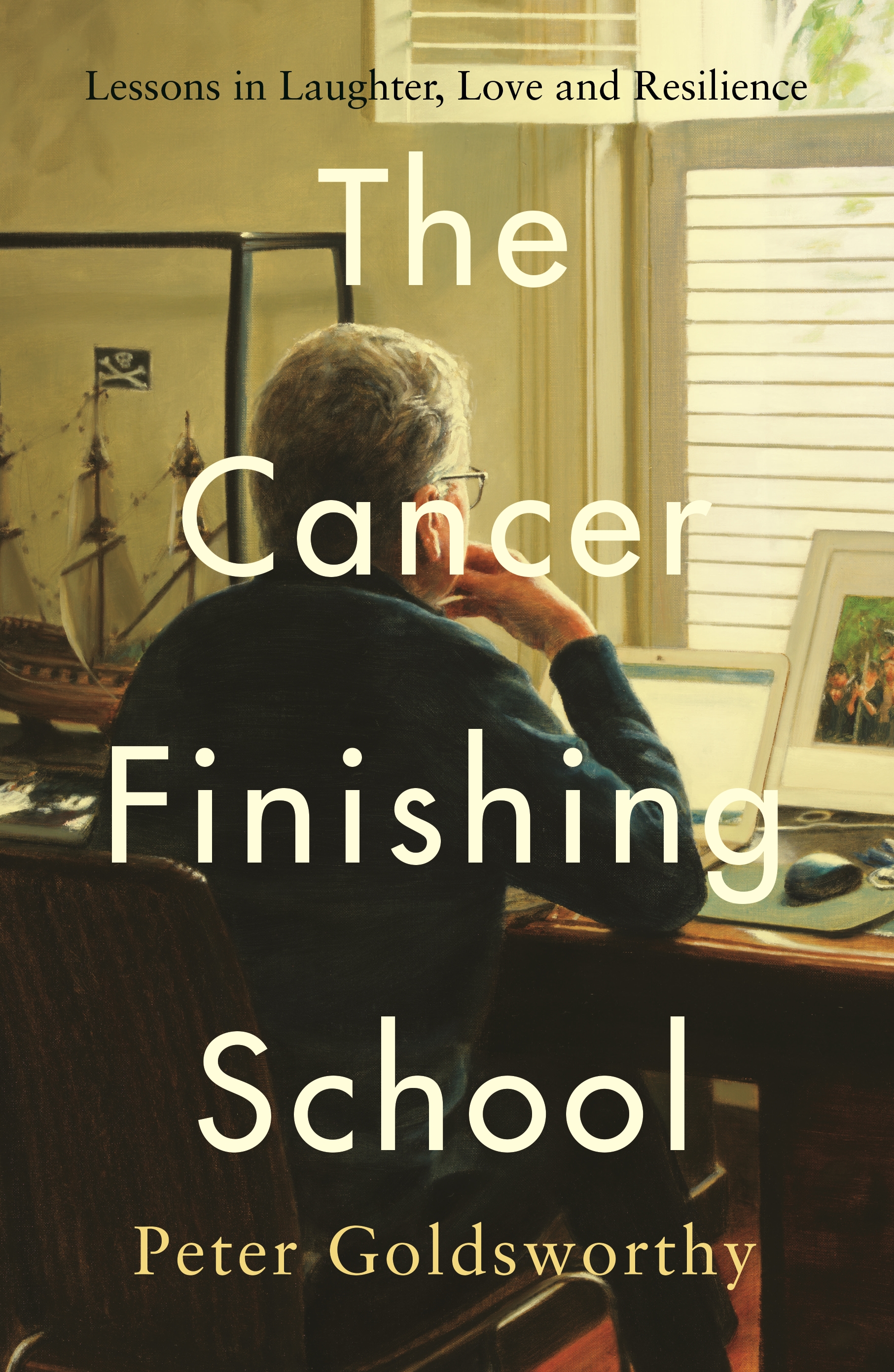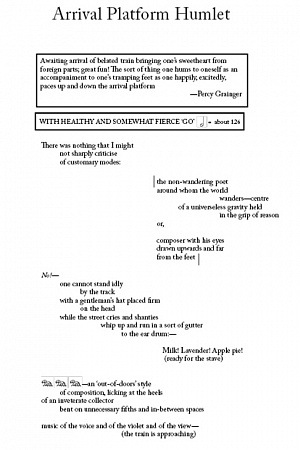Peter Porter Poetry Prize 2013 Shortlist
Prophecy
cliffs ahead the singing ravine
a horse gallops beside the train never tiring
who is stoking the engine? is the lion tame?
the thorn in the paw was a dream
everything ran on grease and sequins
everybody wore a smoking hand
when Habakkuk rode into the desert
with the lighter and a wafered tongue
a trail of bunting flicks and frets
like a projectionist with a stammer
there was never a bridge the horse the horse
every boom gate is a gallows
the spitfire diving for the dining car
will the yogi come out of his trance?
the jewel on his turban charging the ape
with coveting another man’s wife
the ostrich’s light globe head has blown
red beads across the carriage floor
a flapper girl tied to the tracks ahead
every hoof print the shape of ‘you’
as the standoff continues upon the roof
three winds come clapping for hats
and it burns burns burns the ring of fire
there was never a bridge to be out
*
Habakkuk rides the wincing mule
as if it matters how you travel to your funeral
everything is melting down to murder
the mirage is a cake of trouble
the Russian who said only blood will tell
the sun’s throwing knives never miss
may the dust he returns to catch the light
who has eaten his death cap mushrooms?
the mule knows the dangling carrot is a boot
the mule knows how things go around
how summer reacquaints us with our ugly feet
how Bertha pole dances in a caravan
animals in costumes dream of new costumes
Habakkuk rides like prophecy
his sentence dangling around his neck
rabbits knocking on wood in the cemetery
a tongue that tastes like the body of Christ
the mirage is still a cake
sometimes he hears the squeak of trees
but that must have been days ago
as somebody somewhere plays guitar
and chuckles like firewood
the bearded lady or the ringleader’s wife
he should have chosen the other hand
*
it’s not the storm it’s the debris that kills you
in a hot chilli hallucination
eye floaters steering the eye of the film
avoid contact with the air as much as possible
people’s views aside for a moment
they’re calling it terminal
white goats swimming in a pool of milk
dogs nailed to the ground by thunder
the standoff continues upon the roof
and smoke in the projector’s beam
how to turn away from a beautiful woman
duelling with snarls and squints
the hobbled heart and violent mind
the eagle in the baby pram
the gun he draws becomes a banana
only the lighthouse keeper knows
the extraordinary life she lives without him
if they’d only invested in spray on skin
the ape and the mushrooms come to pass
the abuse of prophecy and group hypnosis
when the only choice is how to fall
down on Habakkuk in the canyon
like a ceiling rose with a beautiful voice
about the horse about ramraid mayhem
Nathan Curnow
Big Wig
You were no famous footballer, nor footballer’s hungry wife.
You lived in the suburbs and read, cool-eyed,
of proliferating celebrity cells.
Even so, you had your own cellular time in the sun.
You married Fantasy Island style on Fiji.
A dwarf sang ‘Sailing’ on the ukulele
as you arrived in a golf buggy,
hair blown across your eyes like multiple horizons …
My brother, proud and plump,
in ill-fitting sarong and shirt.
We had swallowed worse things than cancer’s horse pills:
the jazzy optimism of recovery statistics,
talk of the glorious sunset of remission,
the onset of broccoli-tufted hair
(our very own Jean Seberg!)
roaring you back to life
like a biblical wind in the garden.
Your new wig was pure Get Smart,
triple negative concealed.
But white-coated oncology
clashed with your bobbed homage,
the drugs only stylish to a point.
You left them behind with admirable tact.
And when the white coats looked away,
your cells grew wings
and flew you close to the sun.
We dealt with this wax-winged cliché,
chemo’s flaring, heartless conceits.
After a week the sun rolled over and turned its back,
so that the days became lightless,
faster than time. Our big familial bang –
no mere problem of science.
At the end, the sun relented,
sat poised on your bed in the middle of the night.
Its last offer: an endless chemical dawn,
your chauffeur, a morphine driver,
blurring the sounds of your children
playing in the white halls.
I’ll take it, you said.
Eventually we opened our eyes to the glare;
to an untimely pyre.
The whole family, afflicted by a kind of singeing –
like a perm gone badly wrong.
We seemed to sway as one
in breezeless, overbright corridors,
mopping heat from your limbs as if you were a saint.
Until the day came when Mary Magdalen
gestures fell hopelessly away,
and the wig was hidden quietly in a drawer.
We leant once more into strange, free air –
beyond the Fijian heat of hospital ward.
One of us, new to it, learnt how to take rings from
your cold young fingers in the morgue,
to order triangulated flower arrangements,
carnations packed in like tissues.
The pretty wig is in the wardrobe now
hanging limp after dial-a-blessing
from the Buddhist monk;
he and Shirley Bassey chanting low then loud
against the morphine’s dull lapping.
Afterwards (what kind of marker is that?)
we muttered prayers for you in a no-name park,
looking around feebly, like demented aristocrats
awaiting our own drivers
to rescue us from bloodless revolutions such as these.
Weeks on, your credit card purchases roll in,
sweetly, exorbitantly.
The new couch, smart yellow blinds,
designer chairs, sheets and towels –
a kind of second nesting
for those dear ones used to curling
about your knees like butter.
On Thursday, an expensive auburn wig
arrives in a post pack from Hong Kong.
I am fretting, feeding your children indiscriminately,
excessively.
I know nothing of Grace’s allergies.
and cannot stop this itching.
I need to speak with you, I say.
My brother, in the lemon-coloured kitchen, does not hear,
reading the bill in a halo of morning light
as if it is a love letter.
Four Sonnets
The Drowning of Charles Kruger, Fireman
(St Valentine’s Day, 1908)
Comes a fire into Canal Street:
its rows of clapboard tenements rotting back
to marsh. He knows it too well, the ‘furniture
district’. This time, a fire built on picture frames.
Charles Kruger drops onto what he thought
a cellar floor, finding instead his New World to be
eight feet of seepage bound by stone. He kicks
back to smoky air. From above come voices.
Lanterns play upon the shifting surface, sending
wobblings of light across the walls (ectoplasm
of his own trembling device) – the ghost of him
seeking release. He gives it up. Warbles out
his love. He takes the eager water: a brief
consummation made of thrashing arms.
Gustav Mahler in New York (1908)
It is the bass drum which has summoned him.
The dull collisions of felted wool against calf
skin. The end of everything, he knows, these
muted thuds.
The Mahlers have taken an
eleventh-floor suite (there are two grand pianos),
at the Hotel Majesticon Central Park West.
He joins Alma at the window. Directly below,
is the halted cortège of Charles Kruger.
Once more, the tufted mallet meets the drum
head. He sees the tight-packed waves speed
upwards, rattle through the window and collide
with his chest. He recoils. Curves his body at
the waist. A bow (conductor to his audience),
only contorted thus, gasping for air.
Mahler at Toblach (1910)
Madness, seize me and destroy me,
he scrawls across the staves. To the movement
(purgatorio)he adds a final, isolated note. Marks
it thus – ‘completely muffled drum’. At which
the four-paned windows of the häuschen burst
apart and the room fills with grey feathers.
He rises, choking. A storm of plumaged air
beating at his face. Then gone. He gathers up
the sketches from the floor. The young architect
has declared his love – (misaddressing it, he
claims, to Herr Direktor Mahler). My Almschili
he scrawls, You are not ashamed, it is I who am.
Alas, I still love you.Who finds his mouth
crammed full with soaked grey feathers.
Epilogue (1911)
Back in New York the throat infection re-
occurs. He conducts Busoni’s Berceuse
Élégiaque and returns to Europe.
Bacteria now gather at the lesioned heart.
‘My Almachi’, he cries again (again). At some
point the kidneys fail. Black water seeps into
his lungs. He drowns by tiny increments –
the death mask imparts a serenity
not on display during his final hours.
He has entrusted his sketches of the
Tenth to Alma. In the salon she tears
the most damning scrawl from the manuscript.
Carries it to the fire. Sets it to flame.
procedures in aesthetics
Bushfire Approaching
I
I am ready to evacuate if need be.
My wife emailed to say a fire is out of control
on Julimar Road, less than ten kilometres away.
She says she’ll return with the car, but I say it’s okay,
we’ll monitor and speak through the gaps.
She insists she will return: listening to the chat
in the library at Toodyay, seeing smoke in the west,
checking the FESA site. I say I will take a look outside
and get back to her in minutes. She is waiting. I climb
the block gingerly with my torn calf muscle striking back,
and see the growing pall over Julimar. A great firebreak
and a bitumen road are between here and there, I reassure,
though I will keep a close eye on it. The breeze blows
from the east, but is ambivalent and could swing
about. There are no semantics in this. And Paul Auster
is right where William (the lumberman) Bronk was wrong:
the poem doesn’t happen in words, but ‘between seeing
the thing and making it into a word’. Location location location.
As evidence: if fire sweeps through, only the mangled
metal of this Hermes typewriter will remain,
a witness, philosophy in-situ vanquished, and an elegy
made from bits of a different seeing with different words,
remain. Figurative density will take hold, and landscape
will be less fragile, the font more robust. It won’t rely
on paper: ash become an idea, a taste for some.
You stop seeing the red when it’s on top of you.
But true burning feeds on ash and the idea
of fire: it perseveres and requires only oxygen
and memory. Wild oats caught in my socks
taunt my ankles. Fuel for fire. In all seriousness.
II
I am not hearing AC/DC’s ‘This House is on Fire’
out of perversity. This morning a rush of colour
brought on a flashback, and I’ve not had one of those
for a decade. Strychnine-saturated, like the bush
where rangers claim to conserve native species
through poisoned baits. Rapid heartbeat, dry mouth,
outbreaks of laughter (grotesque, face of death),
colour codings of annihilation: spiritual and topographical.
Phantasm of acid trips – pink batts, supermen, green dragons,
orange barrels, purple hearts, clearlights, ceramic squares,
goldflakes, microdots, lightning bolts: nomenclature
of William Blake and weird melancholy of habitat loss.
Lost and unfounded. A run on images. Voices in the room.
Excruciating paranoid cartoon violence. So, I check
outside again and the plume is still moving southwest
though the wind is tentative and temperature
up five degrees over the last thirty minutes. This is realtime,
unlike hypnogogia, hallucinations? Grounds for worship.
Foundational ontology. I should mention that I have flu
and that’s why I stayed home in the first place. Harvest
is full-on though I have finished grass cutting here.
I wore myself out and my defences are down. Run down.
Antibodies hesitant if not docile. I make rhetoric
out of the flood of image-fragments: seems like good sense,
making the best, keeping a grip, cool in a volatile situation?
III
I’m abandoning my poem on the wheatbelt stone gecko
and the ‘keeled tail’ of a black-headed monitor
which is running amok through the roof, along walls,
scaling trees with maritime skill. The images lack
explanation and coalesce, are minimalist, but will
serve as a poor kind of last will and testament.
One sheet in my pocket, and it will be this.
IV
The wind has dropped, though smoke – not impenetrable
but more substantial than ‘thin’ – hangs over the block,
a tentative fallout. The birds are doing their silence
thing, or have shot through. We keep no birds in coops.
The air is almost acrid. Defend or abandon?
It’s when the smell of burning reaches upwind
that you know it has bitten deep. Firebreaks: check.
Water: check, but if the pump goes that’s an end to flow.
Fireblanket: check. Personal papers and evacuation pack: check.
No room for ‘literature’: just this poem, paperweight.
Ready to lend a helping hand: always, to best of ability.
Essential medications. Maybe the boy’s most precious toy,
but he wouldn’t expect it. Something of my wife’s.
Insects thick on the flyscreens: suddenly Hitchcockian.
V
Smoke-mushrooms are haloes about wattles they haven’t yet touched
where it counts. Prelude. Early life of devastation, its long legacy
too long in its brief moment of, well, beauty. Back again after
staggering uphill – glimpses of lush green moss amidst stubble
and granite are bemusing and bizarrely cheering – and all is suddenly
military, warzone, combat. Helitacs, fixed-winged water bombers
coming over the hills. Dousing. Or maybe it’s anti-militaristic?
No time to think about this. Three years ago, fire destroyed
forty homes just south of here. It was like this then, too.
VI
Alert Level: ‘a bushfire is burning near Julimar and Kane Roads’;
‘stay alert and monitor your surroundings’; why use quote marks?
This is barely copyright in the life and death of it. Plagiarism?
Blame burns with a heat unlike any other and burns long
after last embers have faded. And with days of heat and high
winds ahead, even a dead ember might find heart again, and leap
to the occasion. Elemental showdown. Proof. Precedent.
Test case. Habeas corpus – the body present. The burning
question: people build houses in the bush, then blame the bush.
My brother, life-long surfer, says: If I get taken by a shark
remember it was while doing something I love in its universe.
Remember me in this light. The fire has jumped Julimar Road.







Leave a comment
If you are an ABR subscriber, you will need to sign in to post a comment.
If you have forgotten your sign in details, or if you receive an error message when trying to submit your comment, please email your comment (and the name of the article to which it relates) to ABR Comments. We will review your comment and, subject to approval, we will post it under your name.
Please note that all comments must be approved by ABR and comply with our Terms & Conditions.